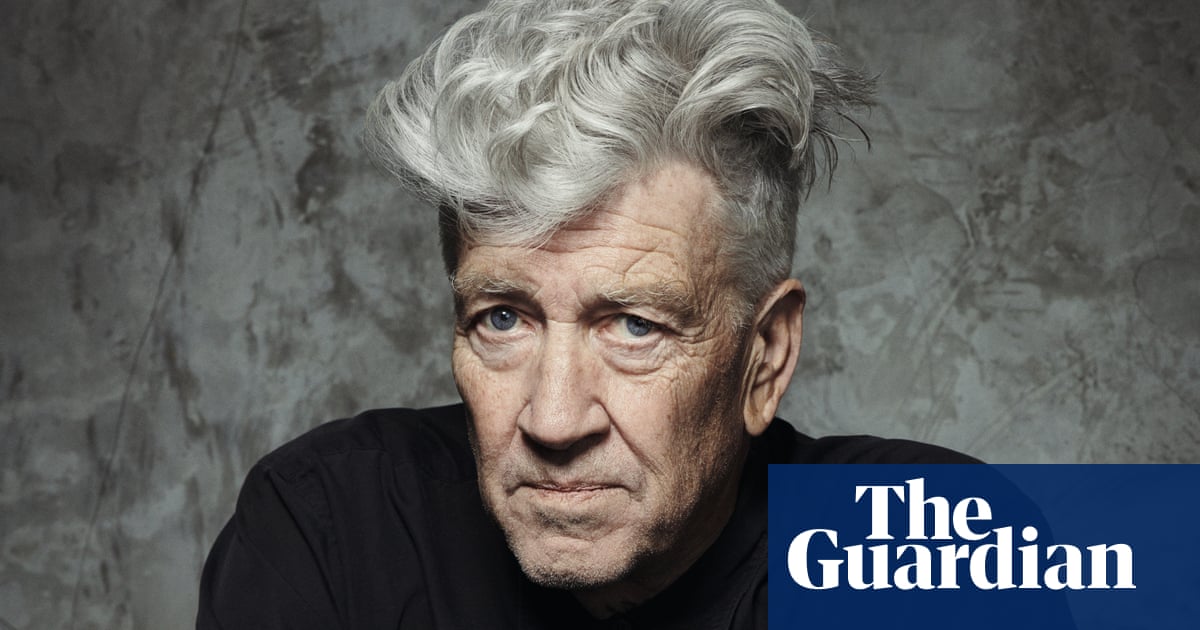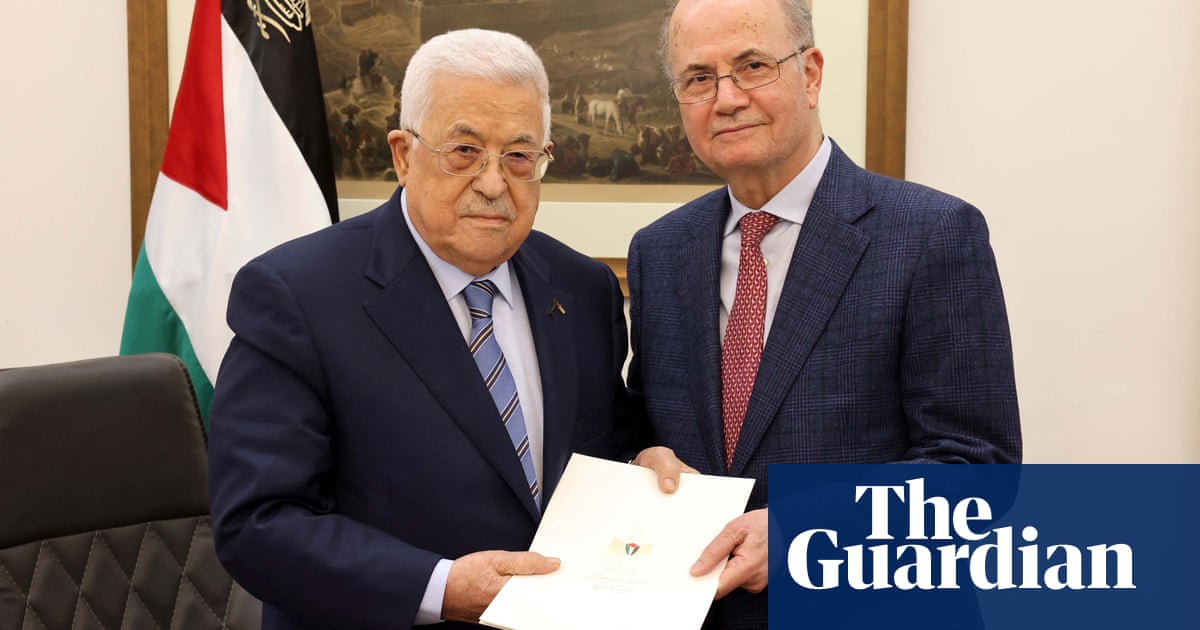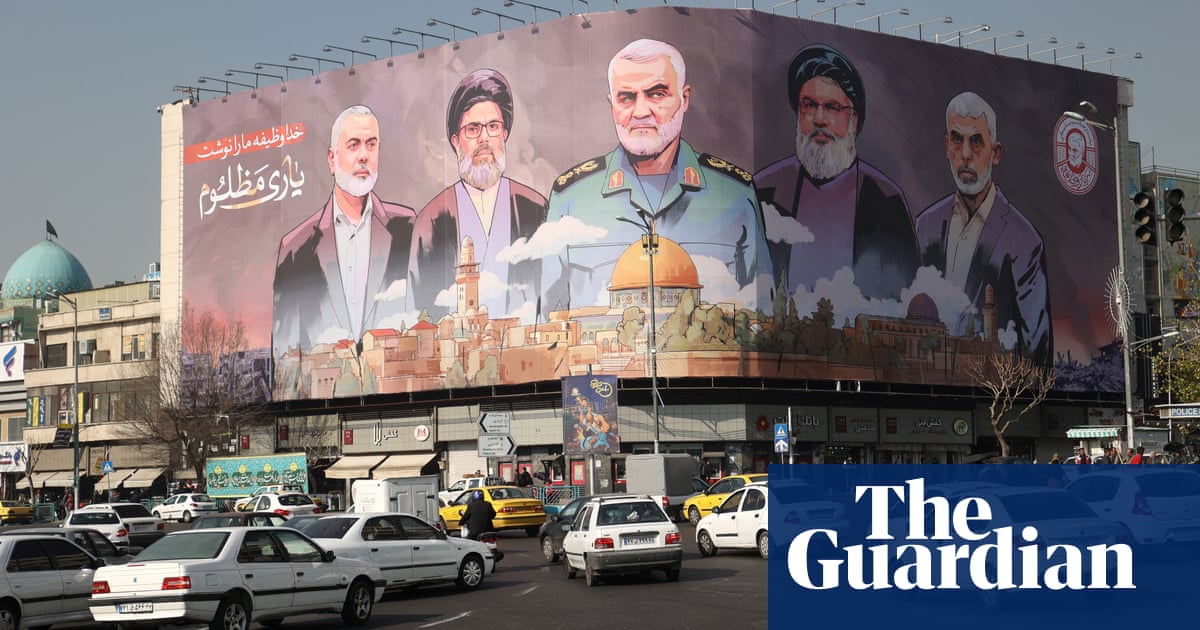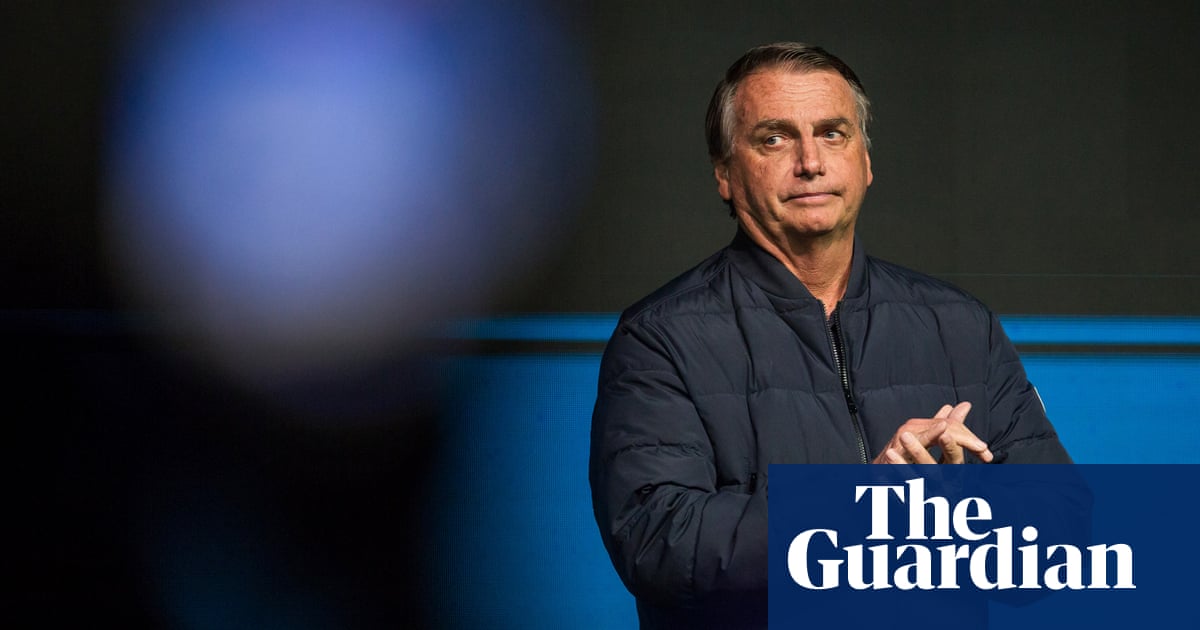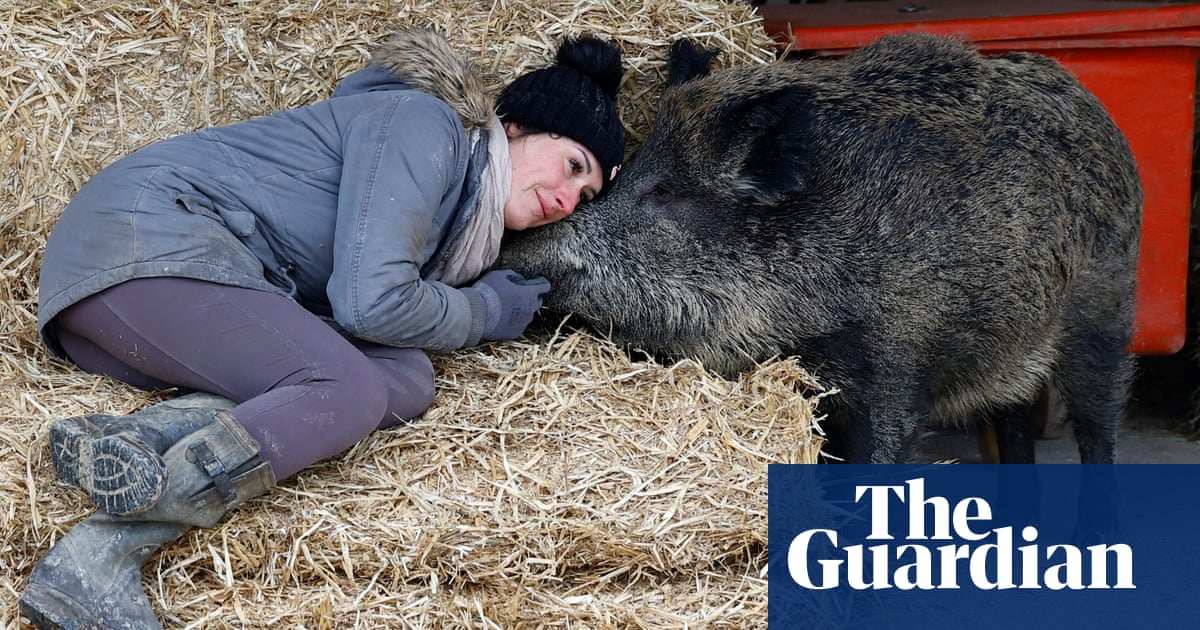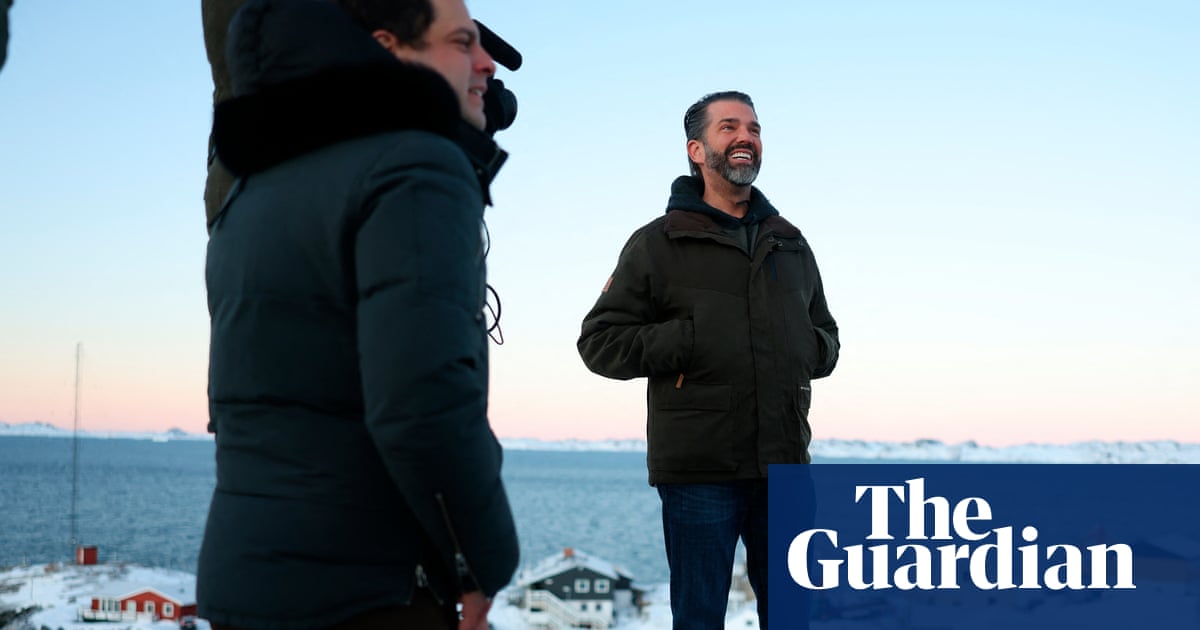German chancellor Olaf Scholz to address Bundestag for first time since government collapsed
Greetings, it’s midday in Berlin and German chancellor Olaf Scholz will soon address the Bundestag for the first time since his government collapsed, firing the starting gun on his election campaign.
For months Germany has been hamstrung by the weakness of its squabbling three-way coalition government, leaving allies lamenting that Europe’s most powerful country and largest economy was unable to take big decisions. That changed last week, when Scholz sacked his finance minister, the pro-business liberal leader, Christian Lindner, triggering the end of the coalition and early elections.
Germany will go to the polls on 23 February, following an agreement on Tuesday between Scholz’s Social Democrat party and the conservative CDU/CSU opposition.
Under the deal, Scholz will table a no-confidence vote on 16 December - one month earlier than he had originally wanted - paving the way for early elections.
Scholz is due to speak for 30 minutes from 1pm CET (noon GMT), followed by two hours of debate. We can expect to hear plenty from Friedrich Merz, the leader of the opposition CDU party, who is in poll position to become Germany’s next chancellor.
Robert Habeck, Scholz’s deputy, however, will not be at the debate, as his government plane has broken down and he is stuck in Lisbon (where he was attending a digital conference). As our Berlin correspondent Kate Connolly writes: “All this fits neatly of course into the narrative of a broken Germany”.
Key events Show key events only Please turn on JavaScript to use this feature
Why a February election?
Basically the chancellor and the opposition agreed to split the difference. Olaf Scholz wanted to hold off a poll until March, but the opposition CDU-CSU were pressing for January, the earliest possible poll.
After a debate about whether there would be enough paper to print ballots, political parties settled on 23 February. You can read the full background here.
As the political scientist Nicolai von Ondarza has commented, that is still pretty slow. As he writes “confronted with severe geopolitical and economic challenges” Germany is “still doing it the slow way”.
Don’t forget after the elections, come the coalition talks, which could last until Easter or beyond, leaving Europe’s largest economy - and the EU’s indispensable decision maker - in limbo for months.
You don’t have to be fluent in Hochdeutsch to appreciate the wonderful flexibility of the German language. And the government crisis has produced a new word for the dictionaries: ‘Komakanzler’. Best translated as the comatose chancellor, the label has been used by opposition conservatives to describe Olaf Scholz after the collapse of his government.
Hat tip Kate Connolly.
If you want to follow Scholz’s address and the debate, you can watch the Bundestag live stream here. The session begins at 13.00 CET (noon GMT)
Want to know more about how the German government got to this point?
Bookmark the latest episode of Today in Focus, where Der Spiegel journalist Regina Steffens and author John Kampfner explain how the traffic-light coalition came to an end.
Titled the Briefcase, the Porsche and the collapse of the German government, it looks at the deep structural problems in German politics and Europe’s biggest economy.
I would also highly recommend Philip Oltermann’s profile of vice chancellor Robert Habeck, published in September 2023. It’s a fascinating portrait of an idealist in power.
Why is Germany having an election seven months earlier than expected?
The heart of the problem is a long-running dispute over economic policy between the coalition partners, against a backdrop of intense pressure on Germany’s economic model.
The liberal Free Democratic (FDP) party led by ousted finance minister Christian Linder refused to countenance changes to Germany’s debt brake - a constitutional mechanism that restricts Germany’s annual deficit to 0.35% of gross domestic product over the economic cycle.
Scholz and his Social Democrats, supported by the Greens, wanted to declare a state of emergency to suspend the debt brake; fiscally-hawkish Lindner refused. The row comes amid intense pressure on Germany to spend more to fix its dilapidated or outdated infrastructure and meet the demands for greater defence spending.
Following Russia’s full-scale invasion of Ukraine, Scholz spoke of a Zeitenwende, a turning point, but critics say he has failed to respond to the magnitude of the moment.
This article by Kate Connolly is a useful backgrounder on the budget crisis – look out for the the Swabian housewife and the Sparfuchs, the ‘savings fox’ or ‘skimper’.
And the UK think tank Chatham House has an interesting read on the problems facing Germany’s economic model: The break-up of Scholz’s coalition government signals the end of Germany’s old economic model
Opposition conservatives lead polls
The opposition CDU/CSU alliance is comfortably ahead in the race to become the largest political force, according to the latest opinion poll from Forsa.
Based on a survey last week, it shows the CDU/CSU, far ahead of their nearest rivals, the far-right Alternative für Deutschland, which looks set to become the main opposition.
As expected from last June’s European elections, Scholz’s Social Democrats and the Greens will shed votes, while the pro-business FDP could fail to meet the 5% threshold to enter parliament (although there are some exceptions to help smaller parties around this rule).
This means the CDU/CSU would be in the driving seat to form another coalition, while the AfD would be Germany’s main opposition.
-
CDU/CSU – 33%
-
AfD – 17%
-
SPD 16%
-
Greens 11%
-
Alliance Sahra Wagenknecht 5%
-
FDP 4%
-
Linke (left) 3%
You can see the results via Europe Elects here
German chancellor Olaf Scholz to address Bundestag for first time since government collapsed
Greetings, it’s midday in Berlin and German chancellor Olaf Scholz will soon address the Bundestag for the first time since his government collapsed, firing the starting gun on his election campaign.
For months Germany has been hamstrung by the weakness of its squabbling three-way coalition government, leaving allies lamenting that Europe’s most powerful country and largest economy was unable to take big decisions. That changed last week, when Scholz sacked his finance minister, the pro-business liberal leader, Christian Lindner, triggering the end of the coalition and early elections.
Germany will go to the polls on 23 February, following an agreement on Tuesday between Scholz’s Social Democrat party and the conservative CDU/CSU opposition.
Under the deal, Scholz will table a no-confidence vote on 16 December - one month earlier than he had originally wanted - paving the way for early elections.
Scholz is due to speak for 30 minutes from 1pm CET (noon GMT), followed by two hours of debate. We can expect to hear plenty from Friedrich Merz, the leader of the opposition CDU party, who is in poll position to become Germany’s next chancellor.
Robert Habeck, Scholz’s deputy, however, will not be at the debate, as his government plane has broken down and he is stuck in Lisbon (where he was attending a digital conference). As our Berlin correspondent Kate Connolly writes: “All this fits neatly of course into the narrative of a broken Germany”.

.png) 2 months ago
14
2 months ago
14






